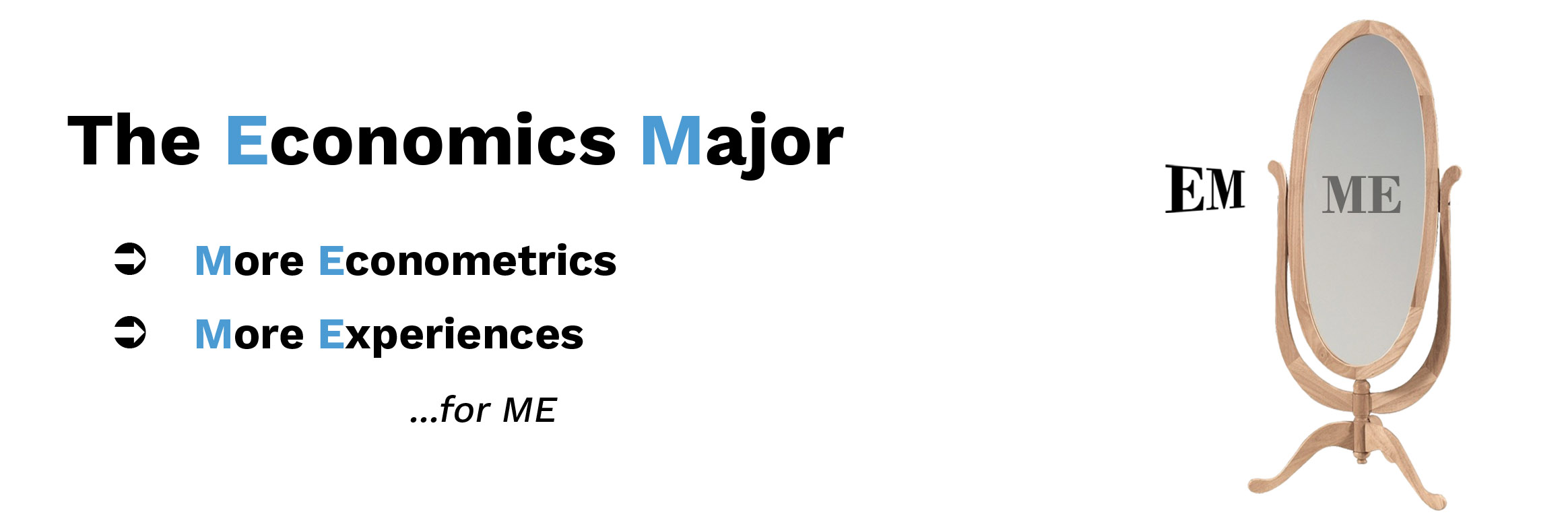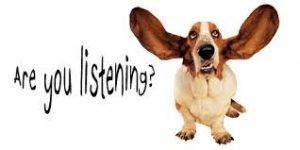It’s that time of year again: selecting courses for next semester! And whether you have already decided to major in economics, are taking a few courses to see if you enjoy it, are considering your first economics course, or simply don’t know what economics is all about, there are a few things that we’d like you to know.
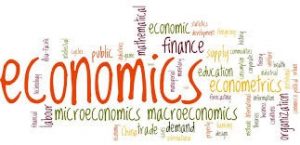 First of all, a big unknown might be: “what is economics?”
First of all, a big unknown might be: “what is economics?”
Isn’t it about investing in stocks or something about unemployment rates and inflation rates? Well yes, and no. Economics is first and foremost a way of thinking about behaviors of and relationships between firms, individuals, and governments. It’s a way of thinking that may seem foreign to you initially, but one that eventually makes sense with more exposure. You may eventually find yourself thinking “like an economist” even outside of class. The ultimate flattery (at least for us faculty members) would be for someone you admire to say to you: “You sound like an economist.”
Think about the following scenario for a minute:
You are walking toward Franklin St. and you see a long line of students outside Ben and Jerry’s, and that line extends out the door, around the corner, down past Bun’s, and is beginning to wrap around the other corner. You suddenly remember that it is Free Cone Day at Ben and Jerry’s! Consider how different individuals might describe that scene: an individual who has taken some economics, an individual who loves art, an individual studying chemistry, a nutrition expert, a psychology major. The economics major might think about opportunity cost and the marginal utility of ice cream (and leisure). Given the price of a cone, one’s value of time and the amount of time it takes to get through that line, the economics major may initially conclude that waiting in line for the free cone is sub optimal. Yet, drawing on this economics knowledge, the economics major reasons that these observed behaviors must be maximizing each individual’s optimization problem, or these individuals wouldn’t be standing there. So, the fun part of being an economist is figuring out why individuals (or firms or governments) do what they do. How is their optimization problem different? What do they value? What are their constraints? What are their expectations? How do incentives impact behavior?
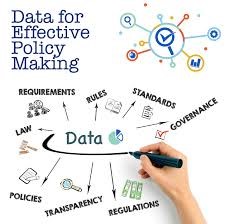 Secondly, you may be asking: “what can I do with an economics degree?”
Secondly, you may be asking: “what can I do with an economics degree?”
Just about anything. With good training (on our part) and good effort (on your part), you should graduate with several marketable skills under your belt: the ability to think about optimal allocation given scarce resources, an understanding of uncertainty and the ability to interpret statistics, analytical skills that allow you to draw reasonable conclusions, an openness or curiosity about observed behaviors, the ability to make solid arguments not based on judgments, and training to design policy or make recommendations for solving economic problems. Upon graduation, you may wish to apply economic analysis to issues in a variety of fields, such as employment, education, health, development, and the environment. Some economists study the cost of products, healthcare, or energy and the effects of regulation on industry behavior. Others examine employment levels, business cycles, exchange rates, and stock prices. Others analyze the effects of taxes, inflation, or interest rates. Importantly, the employers seeking these skills pay well. Behind only engineering and computer science, early career pay of economists is around $66,000 on average Some placements of our students include:
- Management Consulting: McKinsey, BCG, Deloitte
- Economic Consulting: Cornerstone, NERA, Bates White
- Consulting/Contract Research: RTI, Mathematica, ABT Associates,
- US Government Agencies: FTC, FCC, DoJ, BLS, Federal Reserves
- Agencies: World Bank, IMF, IDB
- Banking: Bank of America, Wells Fargo, Capital One, Regions Bank
- Investment Banking/Mgmt: Goldman Sachs, Blackstone
- Private Firms: IBM, Google, Amazon
- And if you want to go on to a Ph.D. program in economics, ask a faculty member in the department what other courses you should be taking!
Finally, let us tell you “what’s new in Economics at UNC?”
We want to let you know that we are listening. We are listening to graduates of our undergraduate and graduate programs here at UNC. We are listening to the job market, which shows us where our students are getting jobs. And we are listening to you, who share your experiences in Economics courses with us. A common theme has been the expressed value of empirical experience and analytical thinking skills. Q: How can you develop these skills? A: econometrics and research.
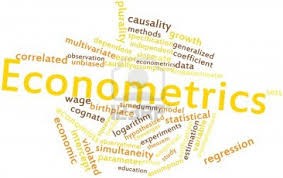 Our first goal is to provide more econometrics.
Our first goal is to provide more econometrics.
Yes, econometrics. Let’s dispel the notion, right now, that econometrics is too hard, I’ll never learn it, and there goes my GPA. Being able to collect and analyze data, to interpret data, to use data effectively are skills that are valued on the job market. To encourage you to learn these skills early during your economics training, and to have time to apply these skills in your elective economics courses, we encourage you to consider taking ECON 470. (This econometrics course is required for the BS degree.) In addition to our new BS degree, we have introduced the DATA Science Credential that emphasizes economic applications.
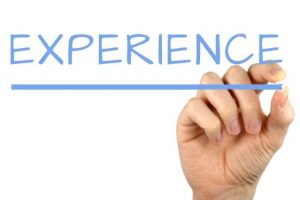 And our second goal is to provide more experiences.
And our second goal is to provide more experiences.
We want more of our undergraduate majors to have experience working with data, synthesizing knowledge over many courses, and using analytical skills to draw conclusions. And that is where the 500-level courses play a critical role. Our faculty structure the required 15-page paper in the capstone courses as a research experience. In other words, an economics major can now learn the data, econometrics, and analysis skills in 400-level elective courses and experience empirical research in a variety of 500-level courses. Some of our 500-level courses require 470; others do not. We also encourage students to participate in our non-curricular experiences, such as summer funded research, adventures in economics, and our clubs and teams.
It’s a slow process.
Please reach out to our Director of Undergraduate Studies Luca Flabbi or our Academic Advisor from Economics.
